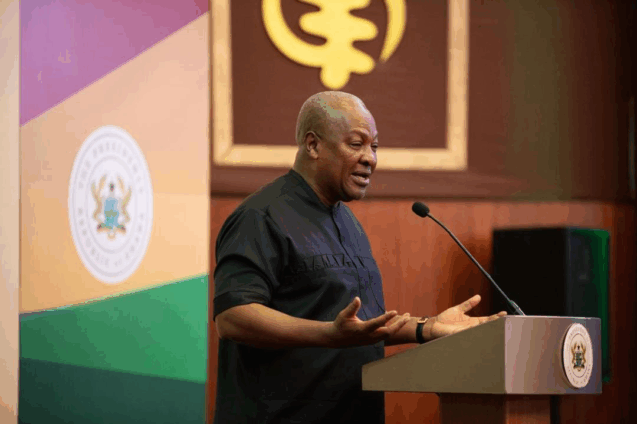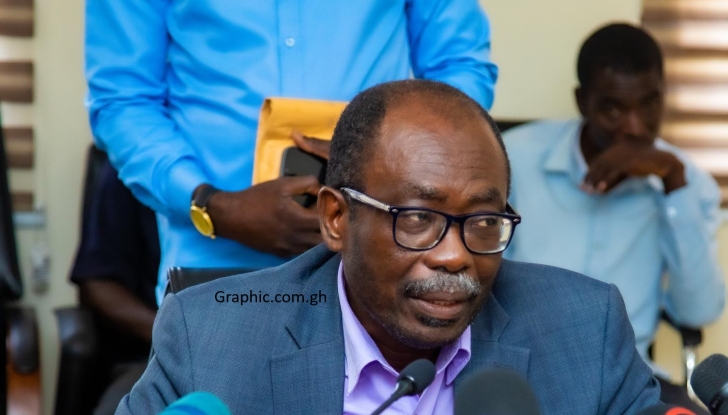How the US letter to Rawlings shaped Ghana’s democratic path
The US letter to Rawlings became a turning point in Ghana’s democratic journey. It encouraged a shift from military leadership to civilian governance.
The correspondence arrived when Rawlings held power. Washington used it to stress that Ghana needed democratic reforms for continued international support.
Foreign partners viewed Rawlings as more credible if he accepted elections. This pressure pushed him toward lifting political bans, drafting a constitution, and preparing for polls.
By 1992, Ghana adopted multiparty rule. Domestic voices demanded change, but the US letter added decisive weight. It symbolized international pressure for a democratic transition.






